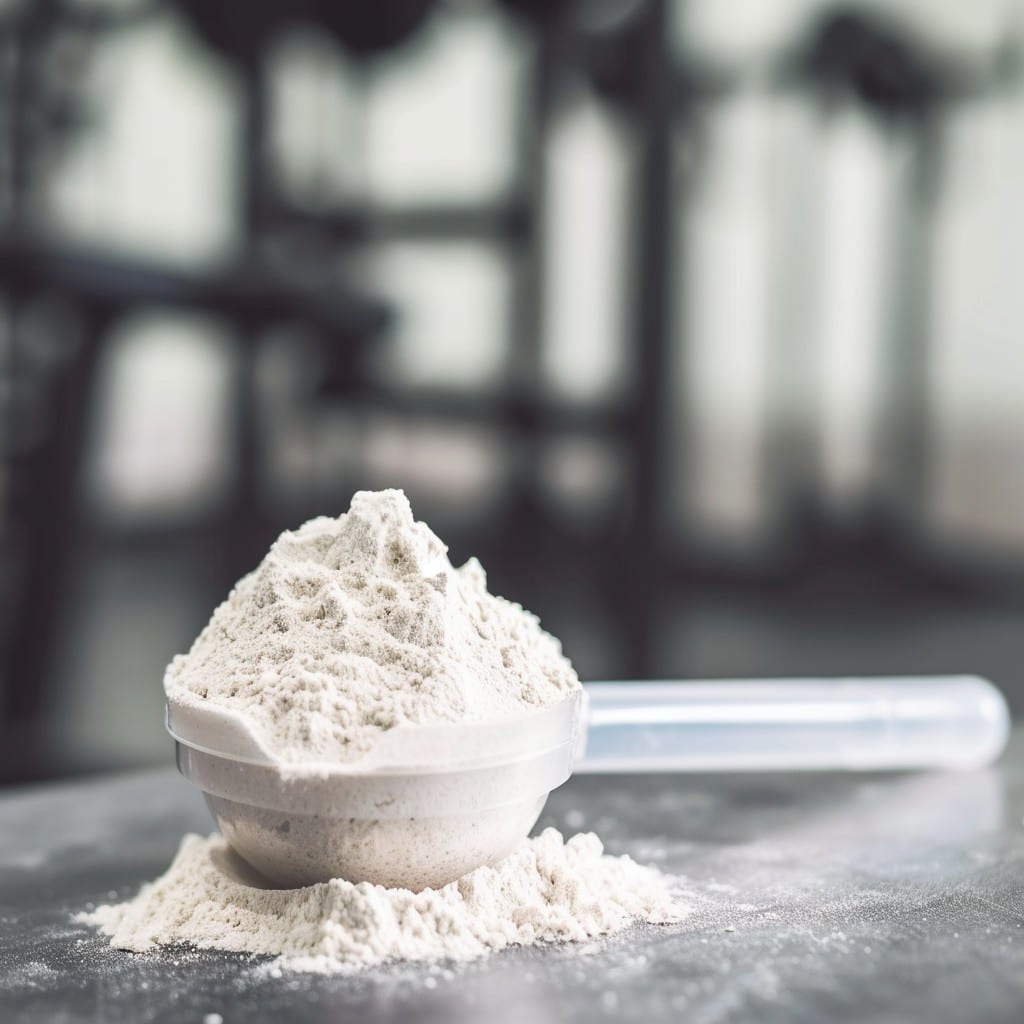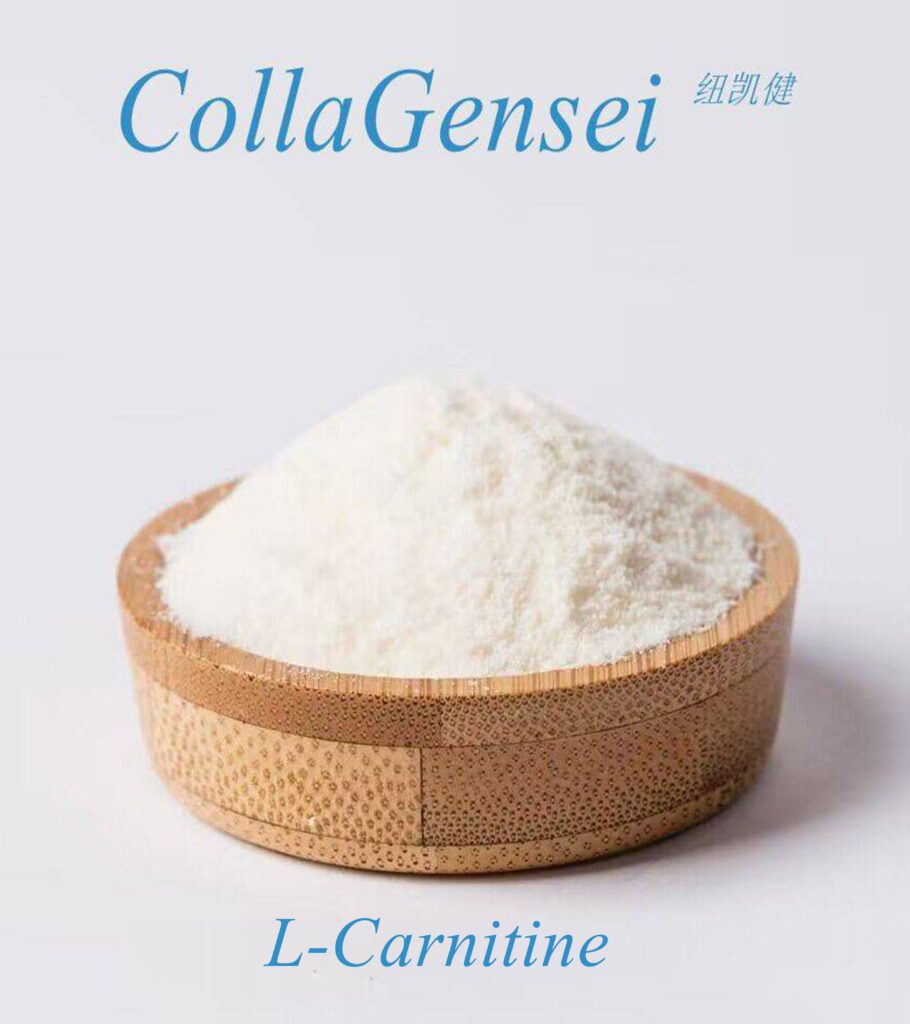Introduction
Amino acids are the building blocks of life, playing critical roles in numerous physiological processes. Among these, L-cysteine hydrochloride and glycine are particularly noteworthy for their diverse functions and therapeutic potential. This extensive article explores the roles, benefits, sources, and interactions of L-cysteine hydrochloride and glycine, highlighting their impact on health and their medical applications.
L-Cysteine Hydrochloride: An Overview
L-cysteine hydrochloride is a form of the amino acid L-cysteine, bound with hydrochloric acid. L-cysteine is a sulfur-containing amino acid essential for various biological functions, including protein synthesis, detoxification, and antioxidant defense.
- Role and Function
Antioxidant Properties
L-cysteine is a precursor to glutathione, one of the body’s most important antioxidants. Glutathione protects cells from oxidative stress and free radical damage. L-cysteine helps maintain cellular health and supports overall antioxidant defense by boosting glutathione levels.
Detoxification
L-cysteine plays a crucial role in detoxification processes. It helps in the synthesis of cysteine sulfinate, which is involved in the detoxification of heavy metals and other harmful substances. This function is vital for liver health and overall detoxification.
Protein Synthesis
As an amino acid, L-cysteine is essential for protein synthesis. It contributes to the formation of disulfide bonds, which stabilize the structure of proteins. This role is vital in synthesizing keratin, a protein crucial for hair, skin, and nail health.
Respiratory Health
L-cysteine has been shown to help with respiratory health by breaking down mucus and improving lung function. It is often used in treatments for chronic obstructive pulmonary disease (COPD) and other respiratory conditions to help reduce mucus viscosity and improve breathing.
- Sources and Forms
Natural Sources
L-cysteine is found in high-protein foods such as:
Meat: Chicken, turkey, pork, and beef.
Dairy Products: Milk, cheese, and yogurt.
Eggs: Rich in L-cysteine, particularly in the egg white.
Supplemental Forms
L-cysteine hydrochloride is a dietary supplement often used to support various health conditions. It is also included in some pharmaceuticals and nutraceuticals for its therapeutic benefits.
- Health Benefits
Antioxidant Support
L-cysteine’s role in glutathione production supports antioxidant defense, helping to neutralize free radicals and reduce oxidative stress. This benefit contributes to overall cellular health and may help mitigate the effects of aging and chronic diseases.
Detoxification
The detoxifying properties of L-cysteine help the body eliminate toxins and heavy metals, supporting liver function and overall detoxification processes.
Respiratory Health
In respiratory conditions, L-cysteine helps break down mucus, improve lung function, and reduce symptoms associated with chronic respiratory diseases.
Skin and Hair Health
Due to its role in protein synthesis, L-cysteine contributes to skin, hair, and nails health. It supports keratin formation, promoting healthy and resilient skin and hair.
Glycine: An Overview
Glycine is the simplest amino acid, characterized by its single hydrogen atom as its side chain. Despite its simplicity, glycine plays essential roles in numerous physiological processes.
- Role and Function
Protein Synthesis
Glycine is a major component of proteins, especially collagen, which is crucial for the structure and integrity of connective tissues, including skin, tendons, and ligaments. Its role in collagen synthesis is vital for maintaining structural health.
Neurotransmitter Activity
Glycine functions as an inhibitory neurotransmitter in the central nervous system. It helps regulate nerve impulses and has a calming effect on the brain, supporting relaxation and sleep.
Detoxification
Glycine plays a crucial role in detoxification by conjugating with toxins to form more water-soluble compounds. This function helps in the efficient elimination of harmful substances from the body.
Metabolic Processes
Glycine synthesizes important molecules such as creatine, which is essential for muscle energy, and porphyrins, precursors to heme, the component of hemoglobin that carries oxygen in the blood.
- Sources of Glycine
Glycine is present in various dietary sources, including:
Animal Sources: Meat, fish, dairy products, and gelatin.
Plant Sources: Legumes, seeds, and certain vegetables.
Glycine is also available as a dietary supplement, commonly used to support joint health, cognitive function, and sleep quality.
- Health Benefits
Joint and Skin Health
Glycine’s involvement in collagen synthesis supports joint health and skin elasticity. Supplementation may help alleviate symptoms of osteoarthritis and improve skin appearance.
Cognitive Function
Glycine has been shown to enhance cognitive function and memory. It may benefit individuals with mental impairments or neurodegenerative conditions by supporting brain health.
Sleep Quality
Glycine’s calming effects on the nervous system are associated with improved sleep quality. It promotes relaxation and can help reduce core body temperature, facilitating better sleep.
Detoxification Support
Glycine aids in detoxification processes, supporting liver health and overall metabolic function by helping to eliminate toxins from the body.
The Interplay Between L-Cysteine Hydrochloride and Glycine
L-cysteine hydrochloride and glycine contribute uniquely to health, yet their interplay can enhance their overall benefits. Their combined roles in antioxidant defense, detoxification, and protein synthesis highlight their synergistic potential.
- Antioxidant Defense
Both L-cysteine and glycine play roles in maintaining cellular health. L-cysteine supports the production of glutathione, a powerful antioxidant, while glycine contributes to overall metabolic health and cellular function. Together, they help protect cells from oxidative stress and support overall antioxidant defense.
- Detoxification
L-cysteine and glycine both play crucial roles in detoxification. L-cysteine aids in the removal of heavy metals and toxins, while glycine supports the conjugation and elimination of harmful substances. Their combined actions enhance the body’s ability to detoxify and maintain optimal liver function.
- Protein Synthesis and Structural Health
L-cysteine’s role in protein synthesis, particularly in forming disulfide bonds, complements glycine’s involvement in collagen synthesis. Together, they support the health and integrity of connective tissues, including skin, hair, and joints.
- Neurological and Cognitive Health
Glycine’s function as an inhibitory neurotransmitter and its effects on relaxation and sleep can complement L-cysteine’s role in maintaining cellular health and antioxidant defense. This synergy supports overall neurological and cognitive health.
Deficiency and Health Implications
- L-Cysteine Hydrochloride Deficiency
L-cysteine deficiency is rare due to the body’s ability to synthesize it from other sulfur-containing amino acids. However, deficiencies can impact antioxidant defense, detoxification, and respiratory health. Symptoms may include increased susceptibility to oxidative stress and respiratory issues.
- Glycine Deficiency
Glycine deficiency can affect collagen synthesis and neurotransmitter function. Symptoms may include joint pain, skin issues, cognitive problems, and impaired detoxification. Some genetic disorders can impact glycine metabolism, leading to more severe health issues.
- Combined Deficiencies
Deficiencies in both L-cysteine and glycine may exacerbate issues related to antioxidant defense, detoxification, and structural health. Ensuring adequate intake of both amino acids is essential for maintaining optimal health and preventing deficiencies.
Incorporating L-Cysteine Hydrochloride and Glycine into Your Health Routine
- Dietary Recommendations
For L-cysteine, consume protein-rich foods such as meat, dairy, and eggs. Glycine can be obtained from similar sources, including meat, fish, and gelatin. Incorporating a balanced diet ensures adequate intake of these essential amino acids.
- Supplements
L-cysteine hydrochloride and glycine are available as dietary supplements. L-cysteine hydrochloride supplements may support antioxidant defense, detoxification, and respiratory health. Glycine supplements can support joint health, cognitive function, and sleep quality.
- Lifestyle Considerations
Maintaining a healthy lifestyle, including regular physical activity, adequate sleep, and stress management, can enhance the benefits of L-cysteine and glycine. A balanced approach to health supports the optimal functioning of these amino acids.
Conclusion
L-cysteine hydrochloride and glycine are essential amino acids with diverse and complementary roles in health and therapeutic applications. L-cysteine supports antioxidant defense, detoxification, protein synthesis, and respiratory health, while glycine contributes to collagen synthesis, neurotransmitter activity, and overall metabolic function.
Their interplay in antioxidant defense, detoxification, and structural health underscores their importance. Ensuring adequate L-cysteine hydrochloride and glycine intake through dietary sources or supplements can contribute to optimal health and performance. If you suspect deficiencies or have specific health concerns, consulting with a healthcare professional can provide personalized guidance tailored to your needs.




